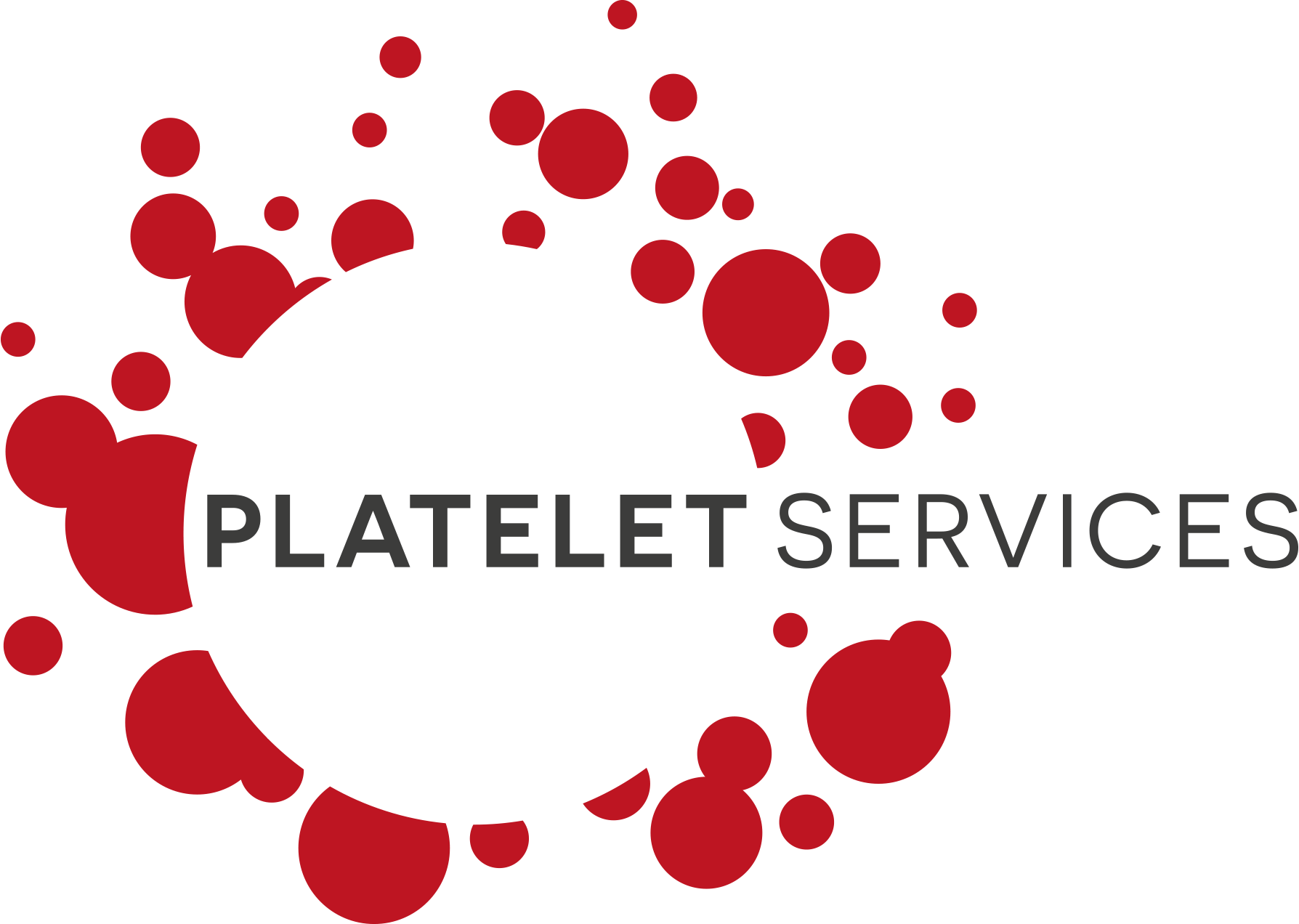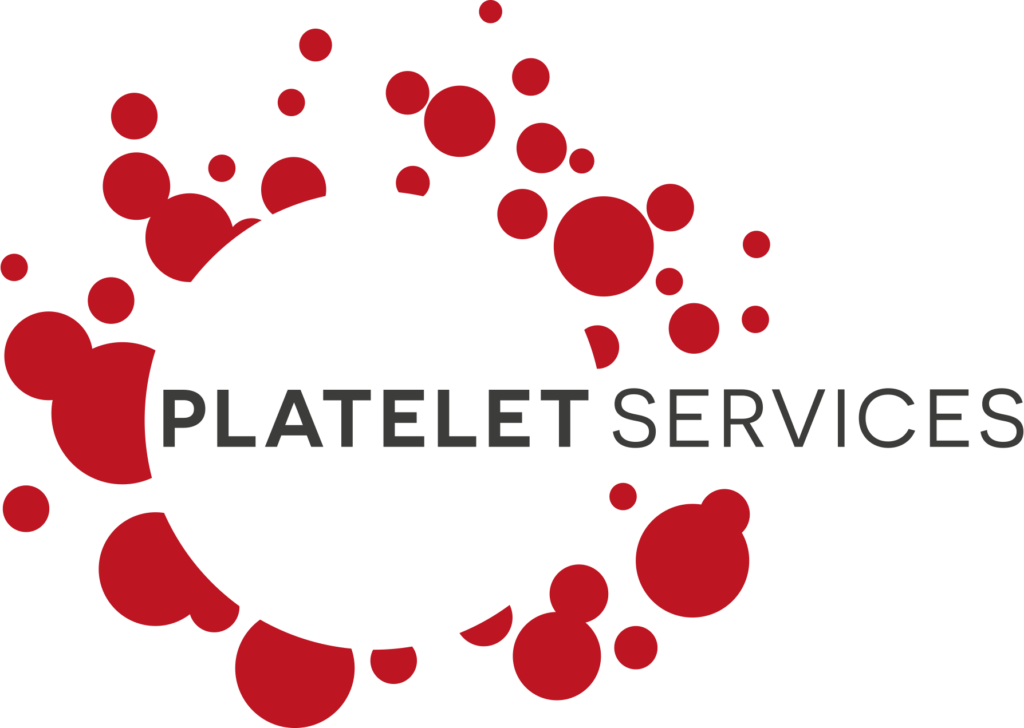Unwanted effects of drug compounds on platelet function can include a risk of increased bleeding and thrombotic events, depending on whether inhibition or enhancement of platelet function is involved. Despite these risks, drug-induced platelet function problems do not always appear to be identified in the drug discovery & development process and are sometimes reported late, once the drugs are tested in humans or even appear on the. This implies that preclinical assays and clinical studies are not highlighting these problems. However, understanding the challenges and considerations in platelet function testing is key to ensuring the right data are collected early in drug discovery.
Testing for possible effects of agents on platelet function requires consideration of several aspects of platelet physiology and the impact of these on sample viability and study integrity. The pharmacology and characteristics of the test item(s) and the study objective are also key factors in choosing the most appropriate test system.
Challenges
Using platelets in test systems in vitro poses a number of challenges that need to be considered, these include:
- Since the main physiological role of platelets is to provide primary haemostasis when vessel wall integrity is compromised, the first challenge is to avoid or minimise platelet stimulation while obtaining a blood sample.
- Obtaining a viable sample of sufficient volume from preclinical species (primates, dog, rats) has additional technical challenges.
- Limited window to perform assays due to platelet viability reducing substantially over time, with an optimal window being within 4-6 hours post sampling. This also means that any requirement to transport samples can be problematic.
Selecting the testing matrix and platelet function assay
Platelet Services offers a range of assays using whole blood, platelet rich plasma or washed platelets.
Whole blood is recommended when more physiological properties and interactions with other blood cells need to be taken into account. When looking at the effects of a compound on just platelets, it is best to use platelet rich plasma. If there are issues with protein binding of the compound, then washed platelets are used where platelets are resuspended in a protein free buffer.
The assays that are available are:
Platelet activation: this high throughput assay measures the expression of activation markers on the platelet surface, for example P-selectin, and is available across whole blood, platelet rich plasma and washed platelets.
Platelet aggregation: when carried out in whole blood, this assay uses flow cytometry or impedance to measure aggregation, and can be high throughput. In PRP or washed platelets, light transmission is used.
Platelet-leucocyte conjugates: this is only carried out in whole blood to allow platelets to interact with the white blood cells.
Platelet viability/apoptosis: enables testing the effects of compounds on platelet viability in platelet rich plasma and washed platelets using flow cytometry or light absorbance, and high throughput.
Common types of agents that the team has evaluated include oligonucleotides, monoclonal antibodies, tyrosine kinase inhibitors and GPCR antagonists.
Considering the effects of a compound on platelets early in the discovery process can help save time and money by helping to rule out any problems or highlighting possible challenges that need to be addressed before progressing the compound into the clinic. If a potential liability is identified early enough, platelet function testing can be incorporated into the screening cascade in a discovery project. The team at Platelet Services has the expertise to work with clients to understand their study objectives and identify the right assays and approaches to get the data needed to progress compounds through the discovery process. Get in touch with a member of the team to find out more, or view our recent poster here.

